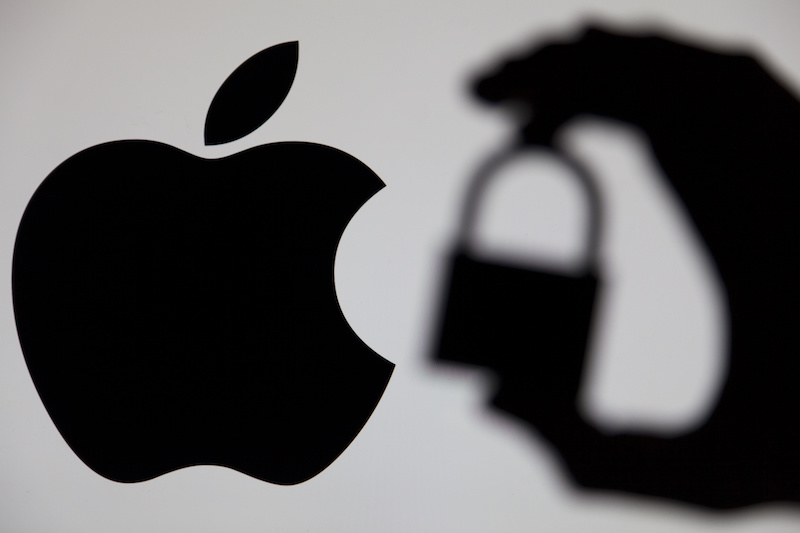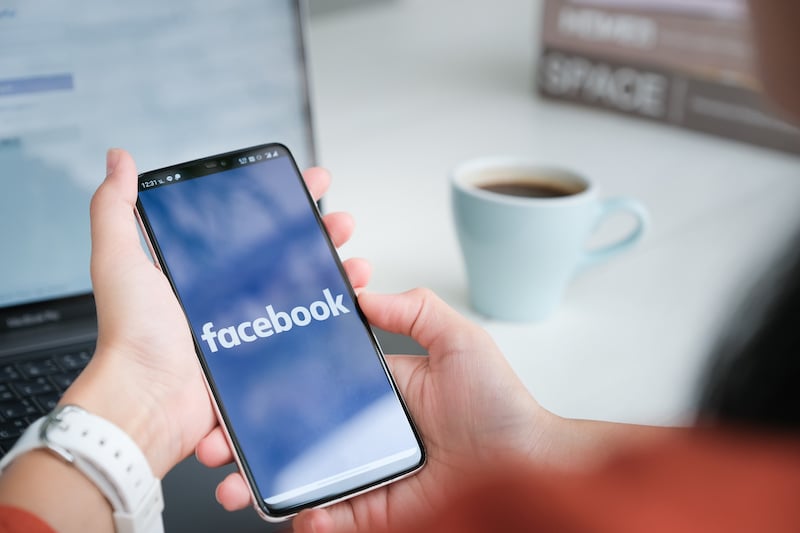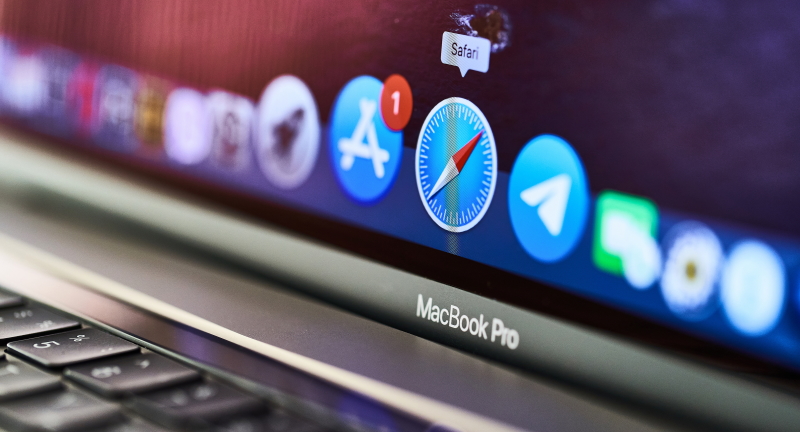Security News

The iOS 14, iPadOS 14, and tvOS 14 anti-tracking feature is on hold until early 2021 to give developers time to make the necessary changes, according to Apple. Apple released iOS 14 without a new anti-tracking feature.

Apple said on Thursday it would give developers until next year to comply with a software change expected to stymie targeted advertising in iPhone and iPad apps. An update coming to Apple's iOS mobile software includes a requirement for apps to ask users' permission to collect and share device-identifying data used to make ads more relevant.

Shlayer adware creators have found a way to get their malicious payload notarized by Apple, allowing it to bypass anti-malware checks performed by macOS before installing any software. The first known instance of notarized macOS malware was discovered last week, by a college student who noticed that people who want to download Homebrew and make the mistake of entering the wrong URL are getting served with a warning saying their Adobe Flash Player is out of date and offering an update for download. Security researcher Patrick Wardle analyzed the served package and confirmed that it is not an update, but a notarized version of the macOS Shlayer adware, which doesn't get detected as malicious by Gatekeeper.

Apple accidentally approved one of the most popular Mac malware threats - OSX.Shlayer - as part of its security notarization process. Security researchers Peter Dantini and Patrick Wardle recently discovered that Apple inadvertently notarized malicious payloads that were utilized in a recent adware campaign.

Facebook is lambasting an upcoming Apple mobile operating system privacy update, which requires application to ask users for permission before collecting and sharing their data. In the iOS 14 update, Apple iPhone and iPad users have an explicit option to opt out of allowing apps to collect data using the Apple device identifier.

Facebook is pushing back on new Apple privacy rules for its mobile devices - and putting app developers in the middle. Apple will soon require apps to ask users for permission to collect data on what devices they are using and to let ads follow them around on the internet.

A security researcher disclosed details of an Apple Safari web browser security hole that could leak files with other browsers and applications and open the door to exploitation by attackers. The disclosure came only after Apple said it would delay patching the vulnerability for nearly a year.

For two years, IBM has been deploying confidential computing capabilities in the IBM Cloud and Rohit Badlaney, vice president of IBM Z Hybrid Cloud, said it is the only public cloud with "Production-ready confidential computing capabilities able to protect data, applications and processes." IBM's platform is now used in heavily regulated industries like healthcare and banking, with high profile customers like Bank of America and Daimler taking advantage of confidential cloud computing capabilities.

Apple earlier this year fixed a security vulnerability in iOS and macOS that could have potentially allowed an attacker to gain unauthorized access to a user's iCloud account. Uncovered in February by Thijs Alkemade, a security specialist at IT security firm Computest, the flaw resided in Apple's implementation of TouchID biometric feature that authenticated users to log in to websites on Safari, specifically those that use Apple ID logins.

Google and Amazon overtook Apple in the second quarter of 2020 as the brand most spoofed by attackers to lure people into falling for phishing attacks. While the number of so-called brand-phishing attacks remained stable from the first quarter of 2020 to the second, there was a major shift in position for the companies that threat actors think people are most likely to trust - or whose pages they will most likely click on, according to Check Point Research's Brand Phishing Report for Q2. Brand phishing is a type of attack in which a threat actor imitates an official website of a known brand by using a similar domain or URL in an attack, as well as in some cases a copycat web page similar or identical to the actual company's original website in look and feel.